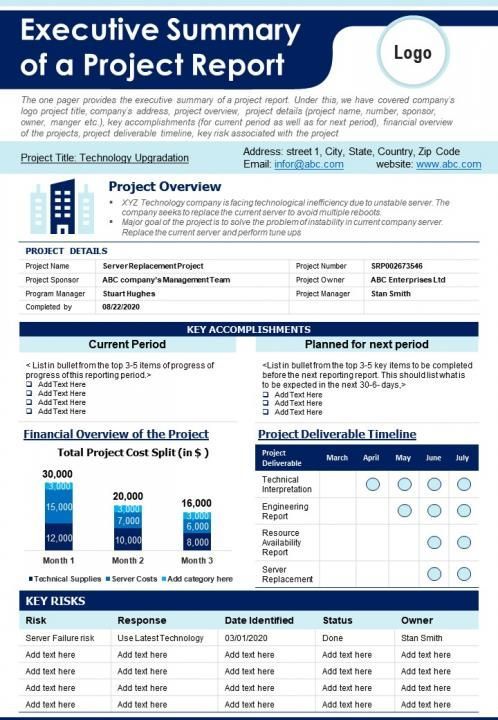Management reporting is the process of producing and presenting information that helps an organization’s management make informed decisions. The purpose of management reporting is to provide relevant and timely information that enables decision-makers to understand the organization’s financial and operational performance, identify areas for improvement, and make informed decisions to improve the organization’s overall performance. In this article, we will discuss the importance of management reporting, the types of reports commonly used, and best practices for successful management reporting.
The Importance of Management Reporting
Management reporting plays a critical role in the success of an organization. It provides valuable information that helps management understand the organization’s performance, identify areas for improvement, and make informed decisions. Management reporting enables organizations to:
- Monitor the organization’s financial and operational performance,
- Identify trends and patterns in performance,
- Make informed decisions to improve performance,
- Provide transparency and accountability to stakeholders, and
- Evaluate the effectiveness of existing strategies and initiatives.
Types of Management Reports
There are several types of management reports that organizations can use to monitor and improve their performance. Some of the most common types of management reports include:
- Financial reports: Provide information on the organization’s financial performance, such as income statements, balance sheets, and cash flow statements.
- Operational reports: Provide information on the organization’s operational performance, such as sales reports, production reports, and customer service reports.
- Performance reports: Provide information on key performance indicators, such as revenue growth, customer satisfaction, and employee turnover.
- Compliance reports: Provide information on the organization’s compliance with legal and regulatory requirements, such as tax compliance reports and environmental impact reports.
Best Practices for Successful Management Reporting
For management reporting to be effective, it is essential to follow best practices for successful reporting. Some of the best practices for successful management reporting include:
- Define the purpose of each report: Determine what information is needed, who will use it, and how it will be used.
- Establish clear and concise reporting standards: Ensure that all reports are consistent and meet the needs of the organization.
- Use relevant and accurate data: Use data that is accurate, reliable, and relevant to the organization’s performance.
- Use technology to automate the reporting process: Automating the reporting process can improve accuracy, reduce errors, and save time.
- Present information in an easy-to-understand format: Use charts, graphs, and tables to present information in an easy-to-understand format.
- Provide context and interpretation: Provide context and interpretation to help decision-makers understand the significance of the information presented.
You might find these FREE courses useful
In conclusion, management reporting is an essential tool for organizations to monitor and improve their performance. By using relevant and accurate data, presenting information in an easy-to-understand format, and following best practices for successful management reporting, organizations can make informed decisions and improve their overall performance.


